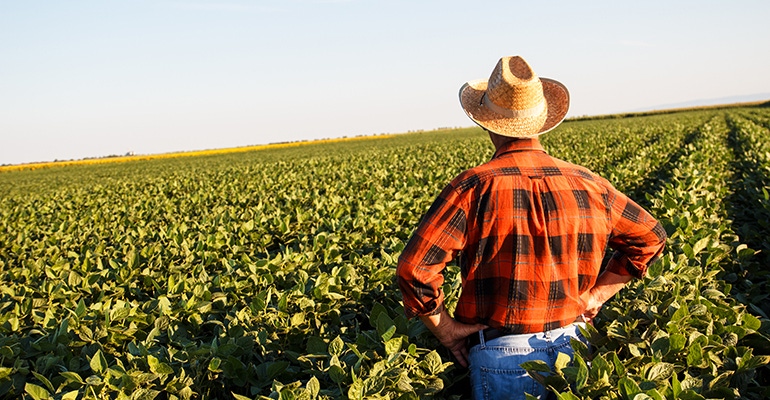5@5: U.S. farmers stick by Trump | Uber acquires grocery delivery startup
Each day at 5 p.m. we collect the five top food and supplement headlines of the day, making it easy for you to catch up on today's most important natural products industry news.
October 11, 2019

Farmers sticking by Trump even as trade wars bite
Farmers are suffering under President Trump’s disruptive policies on trade, immigration and ethanol, but that’s not stopping them from supporting his reelection. Two-thirds of 400 farmers polled each month consistently say they’re expecting a happy ending to the trade wars and aren’t deterred by current impeachment investigations. Read more at NPR…
Uber to acquire grocery delivery startup Cornershop
Uber is set to acquire a grocery delivery startup called Cornershop after Walmart’s deal with the same company fell through in June. Cornershop was initially launched to serve the Latin American market and only recently launched in Canada, its only North American location to date. Read more at Tech Crunch…
Fruits you probably haven’t heard of—but might soon
Foreign fruits with exotic monikers—think baobab, bread fruit and monk fruit—are taking the natural channel by storm, and for good reason. They’re being formulated into whole-food based meat substitutes, zero-calorie sweeteners, gluten-free flour and more of today’s top trending food products. Read more at The Wall Street Journal…
Study finds people will eat more vegetarian food if given the choice
A new study that examined 94,000 meal choices in three University of Cambridge cafeterias found that adding vegetarian meal options in place of meat or fish significantly boosted the sales of vegetarian meals—without detracting from overall sales or being followed by a spike in the meat-heavy meals. This indicates that reducing global meat consumption could be as simple as having more (tasty) vegetarian options available in cafeterias and restaurants. Read more at Modern Farmer…
How chefs are saving us from the next potato famine
A mere 1% of available crops—mainly wheat, soybeans and maize—are the bedrock for most humans’ diets worldwide. But the growing methods used to produce these few crops aren’t sustainable, are causing 30% of the world’s greenhouse gas emissions and use up approximately 70% of the planet’s potable water. To help counteract this downward spiral, several chefs are beginning to introduce drought-resistant, resilient crops such as fonio, teff and paw paw to their audiences in order to expand their palates and encourage ethical sourcing methods. Read more at Fast Company…
You May Also Like


